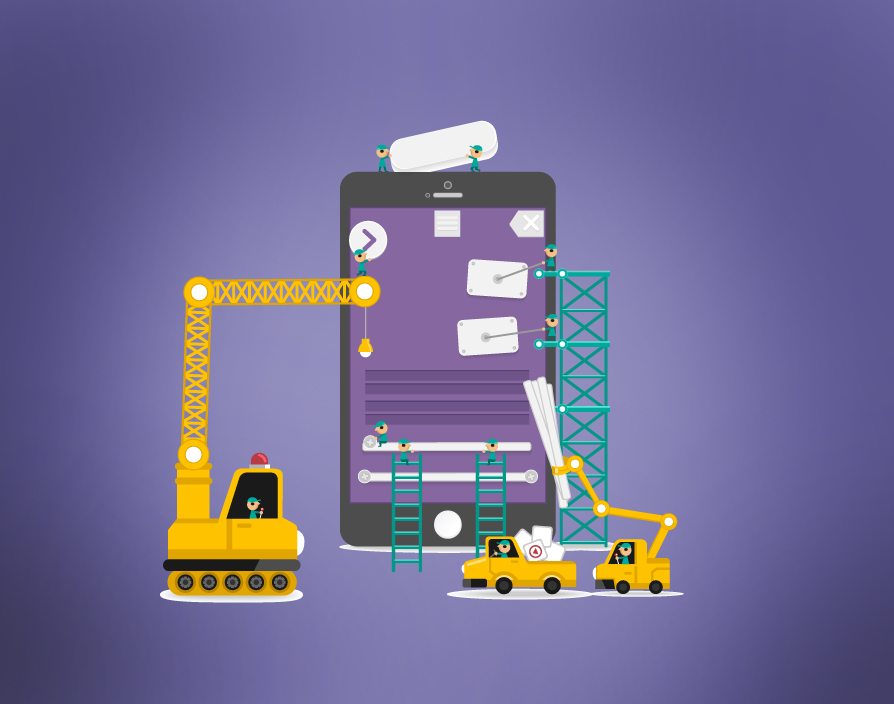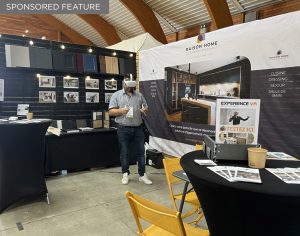With its many operations manuals and the emphasis on tried and tested models and systems, you could be forgiven for thinking that franchising is pretty inflexible. But from McDonald’s revolutionising mass-production of burgers to Domino’s trialling drone deliveries, there have been countless examples over the years of franchises leading market change.
Innovation can be triggered by a number of reasons: from legislation or regulatory changes to the direction of the industry. Although the most common reason for franchisors to sit up and listen is when franchisees themselves spot the need to adopt new technologies to serve more customers.
The most important role franchisors can play in introducing new technology is fostering a culture allowing franchisees to have ideas. Franchisees ask themselves each day how they can improve their business. The advantage of franchising is that there are more people thinking about these things. If two heads are better than one then imagine how amazing the combined creativity of an entire network can be. If you are speaking to a franchisor about being a franchisee you should check that this is the business’s ethos.
Equally important to understanding if the culture allows for ideas, is that the franchisor has a mechanism for harnessing the great ones. Whether the change was necessitated, comes from the central team or from a franchisee, the way in which it’s adopted into the system should always be the same. In order for it to be successful, the process of testing a new technology should be a collaboration between franchisor and franchisee.
For example, before our online learning platform Bramble was adopted by the worldwide Tutor Doctor family, it had been thoroughly tested. Our process meant we engaged with an individual franchisee in the UK first before a group of franchisees beta tested the technology. The input from many sources, from system designer to franchisees and customers, means that the finished item has many features that no other learning platform has.
While franchising by definition is the replication of a proven model, new technologies are untested and unproven in the wider market. That’s where franchised businesses have a distinct advantage because the structure enables you to pilot new technologies locally under the close scrutiny of a franchisee before being rolled out nationally in a way that doesn’t exist in any other business format.
You should also remember that in joining a franchise you are joining a team. The use and implementation of new technologies by franchised businesses can only be seen as a positive, provided that such innovation is beneficial to the entire network.
It’s true that Domino’s didn’t invent the drones that will soon be delivering food up and down the country and Tutor Doctor didn’t invent the concept of online learning from scratch, but the result of both is revolutionary for our industries. By seeing the technology, recognising its value and investing time, money and resource into adapting it to perfectly fit our business models, franchisors like ourselves have been able to enhance our businesses and improve our customers’ experience.
When we think about new technologies we shouldn’t be focussing on the ones we know about. The new technologies of tomorrow are probably an idea in a franchisee’s head right now or a technology from elsewhere which hasn’t been adapted to an existing industry yet. The technologies that are being worked on behind closed doors are the ones that are going to bring the next wave of revolution. And it’s up to you if you’re going to lead the movement.

Frank Milner

































